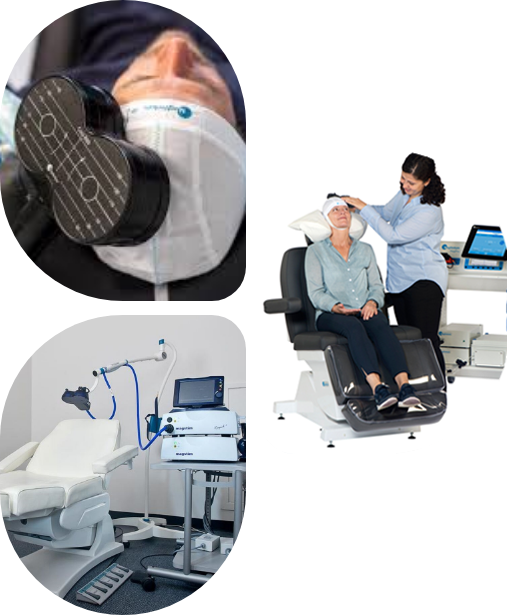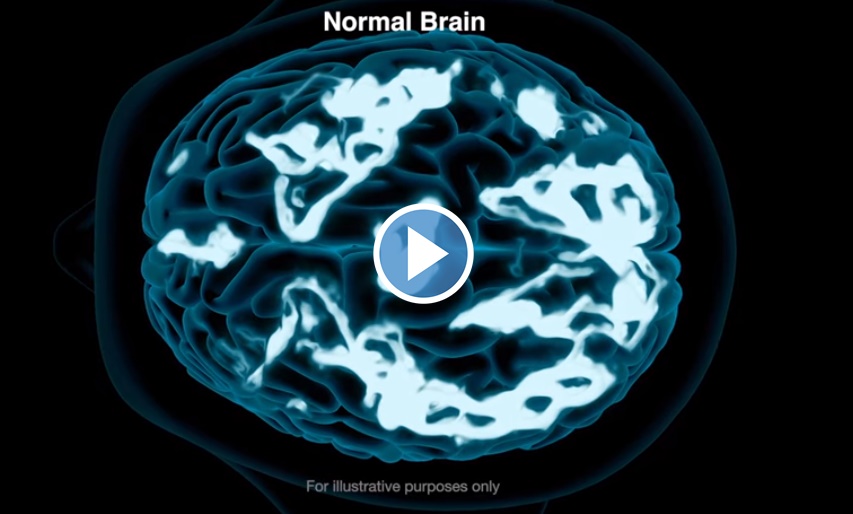Transcranial Magnetic Stimulation
Sometimes traditional antidepressants don’t work, or they come with side effects that worsen your symptoms rather than alleviate them. Transcranial Magnetic Stimulation (TMS) is an FDA-approved treatment that awakens parts of the brain that are inactive.
We provide patients with an alternative treatment for severe depression, anxiety, PTSD, eating disorders, and other mental health disorders. Our high success rate stems from caring clinicians who administer individualized treatment plans.











